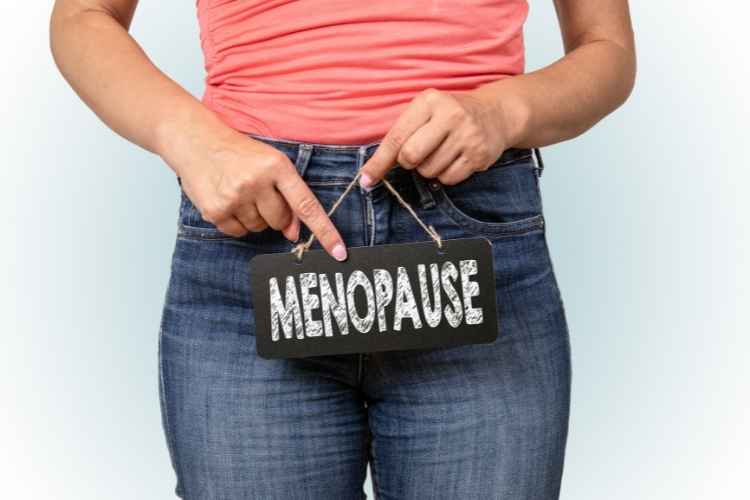By the time women enter menopause, their bodies have been undergoing hormonal changes over years. After experiencing menopausal symptoms, some women seek supplements like hormone free menopause relief to help ease things like hot flashes and sore breasts. There are three phases of menopause that women endure, usually beginning in their early 40s.
What Are the Phases of Menopause?
The menopausal cycle consists of three phases, each with different hormonal situations. Perimenopause defines the period of eight or ten years leading up to menopause. During this phase, the ovaries begin slowing the production of estrogen. Women still have menstrual cycles, though they, too, slow down with the approach of menopause. Some women will begin experiencing menopausal symptoms during this phase.
Menopause is the second phase. This occurs when a woman is 12 months removed from her last period. At this point, her menstrual cycles have stopped. She doesn’t produce eggs and estrogen production has slowed. Menopausal symptoms are manifesting themselves with the greatest frequency during this phase.
Postmenopause is the rest of a woman’s life, after menopause has been reached. During this phase, symptoms tend to ease, though they can continue for years. At this point, estrogen levels can become dangerously low, increasing the risk for health conditions, like osteoporosis and heart disease.
How Does Menopause Affect Hormone Levels?
The relationship between menopause and hormone levels trends downward, toward reduction. Production of hormones like estrogen and progesterone decline over time because the ovaries progressively work with less and less efficiency.
It is believed that when the production of these hormones decreases, menopausal symptoms rise. This includes hot flashes, trouble sleeping, night sweats and cold flashes, emotional changes and dry skin, to name a few.
Can Pregnancy Occur During Menopause?
You might ask, how often does menopause cause positive pregnancy test? The short answer is yes, though the odds decrease with age. Most women begin experiencing perimenopausal activity by the time they’re in their 30s. This means that hormones are being produced at increasingly slower levels over time.
Studies show that while only 4.5 percent of 25-year-old women are unable to conceive naturally, this number rises up to 20 percent by age 38. By age 41, the number shoots up to 50 percent because, by now, most women are well into their perimenopausal phase. By age 45, 90 percent of women are unable to conceive naturally, due to slowed hormone production.
Still, until 12 months have passed since a woman has her menstrual cycle, eggs are still being produced, though certainly not every month and fewer and fewer as the years go by. It becomes a question of timing more than anything else.
Menopause has a lasting impact on hormone levels. Hormones and menopause symptoms have a relationship that varies from woman to woman. At the end of the day, though, estrogen production gradually keeps dropping and the menstruation cycle ceases. Visit an online health and nutrition store to learn more about supplements that can help to ease the symptoms associated with menopause today.

